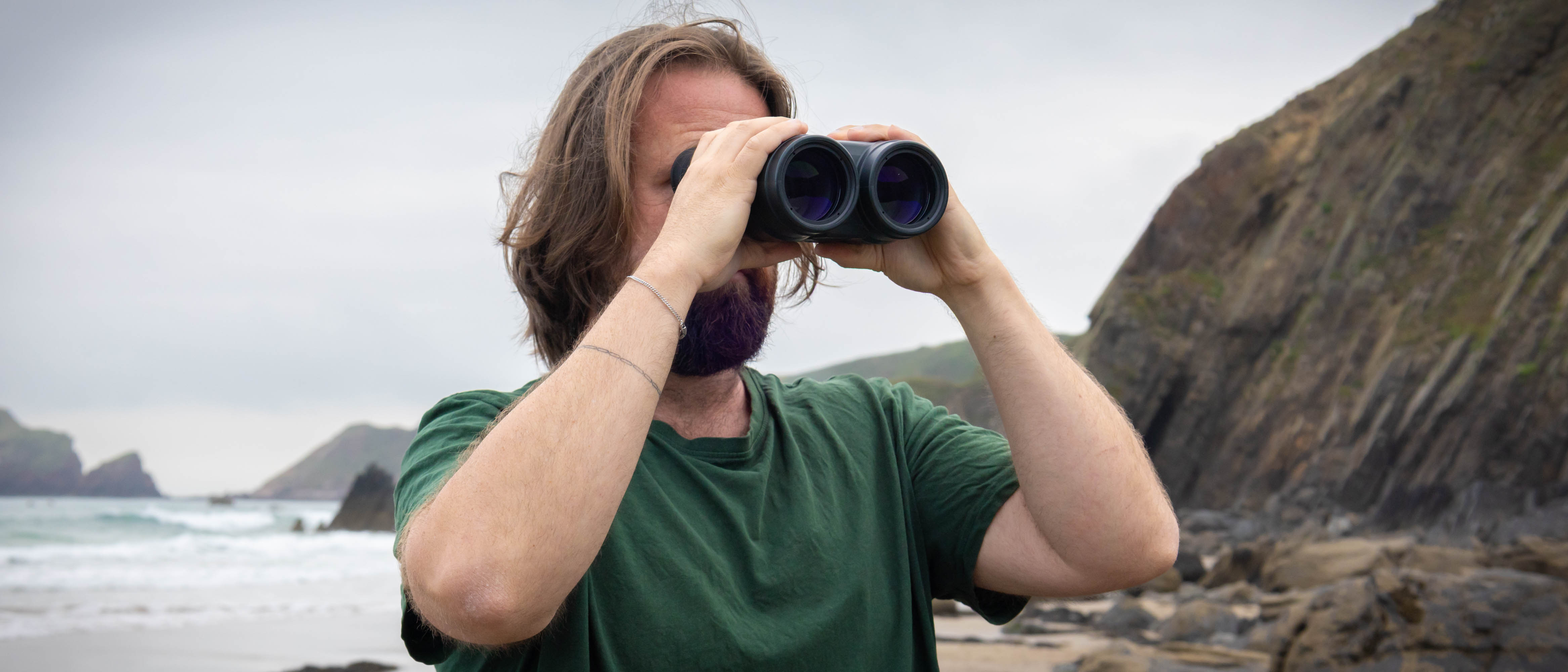Bug Has Sex with Orchids
Orchids may be enthralling to humans, but our love of these flowers only goes so far.
Some wasps, on the other hand, find orchids so enchanting that they sexually climax while visiting them.
The discovery sheds new light on the extremes to which flowers can evolve their beauty.
A number of orchids mimic female insects to entice visits from males looking for love. The goal of these counterfeits is to dust the flying Romeos with pollen, which contain plant sperm. When these males rendezvous with other flowers, they then act as unwitting couriers of this pollen, helping the plants breed.
Scientists had thought such deception was harmless, but researchers now find males of a species called orchid-dupe-wasps go all the way with Australian tongue orchids, wasting their precious bodily fluids in the process.
This research began when evolutionary biologist Anne Gaskett at Macquarie University in Sydney, Australia, saw these liaisons between wasps and orchids. These were described to her as "pseudo-copulating," "but when I saw these wasps mating with these tongue orchids, it didn't look 'pseudo' at all," she said.
Happy endings
Get the world’s most fascinating discoveries delivered straight to your inbox.
To see if the wasps experienced "happy endings," the researchers monitored the wasps and orchids in the field.
"Fieldwork in the Australian bush can involve risks like snakes, spiders, ticks, leeches, sunburn and bushfires, but there is also beautiful scenery, amazing biodiversity and unique discoveries to be made, so it is all worthwhile," Gaskett said.
Immediately after the wasps finished, the scientists rushed orchids to the lab. After many weeks of microscopy work, researcher Claire Winnick "sent me a message saying she had finally found the sperm," Gaskett recalled. "I rushed down to the lab, saw the wasp sperm on the flowers glowing blue under UV light and was absolutely delighted."
The fact that males squander thousands of sperm is puzzling. Sex takes a lot out of the wasps, energy the males could better spend on trying to actually sire offspring.
"If males waste all their sperm on orchids, what have they got to offer a real female?" Gaskett asked.
If these orchids are costing the wasps such vital resources, shouldn't the males eventually stop? What keeps these deluded wasps going?
No sperm needed
The secret behind this doomed love affair seems to be the fact that females of this wasp species can still produce offspring even without sperm from males.
"If you can reproduce without a male, it doesn't matter so much if all the males you meet have already wasted their sperm on orchids," Gaskett said.
Further investigation of roughly 200 insect species that are fooled into having sex with orchids revealed that more than 90 percent of these dupes have females that can still produce offspring even without sperm from males.
Giving males these happy endings probably does not in itself help the orchids any. Doing so is simply "a byproduct of the orchid's irresistible mimicry," Gaskett said. In other words, the orchids simply want to lure the wasps in as much as possible — them climaxing is a side effect.
Arms race?
This discovery suggests an arms race of sorts could evolve. It benefits male pollinators to figure out that sex with the orchids is costly for them, and so they should evolve to avoid the flowers. "This in turn might drive the evolution of increasingly sophisticated and persuasive orchid deception," Gaskett told LiveScience.
Perhaps ironically, tongue orchids are incredibly good at enticing males. Even though they are, in a way, bleeding the wasps dry, these blossoms still have the highest success at getting pollinated ever discovered in a sexually deceptive orchid.
Gaskett, Winnick and their colleague Marie Herberstein will detail their findings in the June issue of the journal American Naturalist.
- Video: Wasp Has Sex with Orchid
- 10 Amazing Things You Didn't Know About Animals
- Gallery: Backyard Bugs

 Live Science Plus
Live Science Plus





